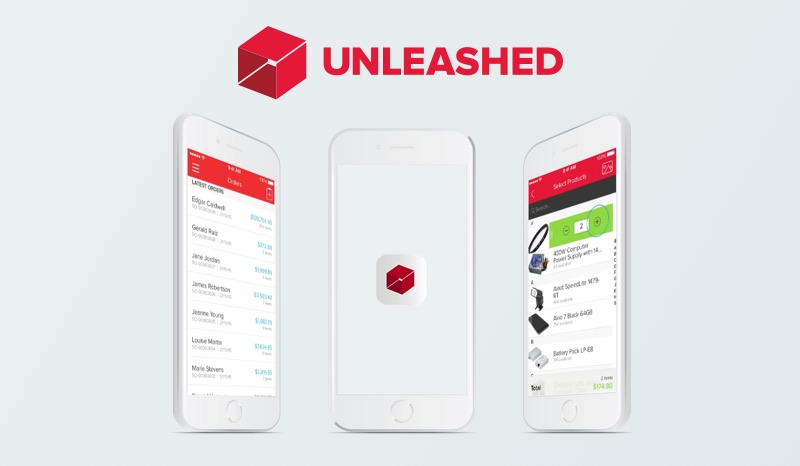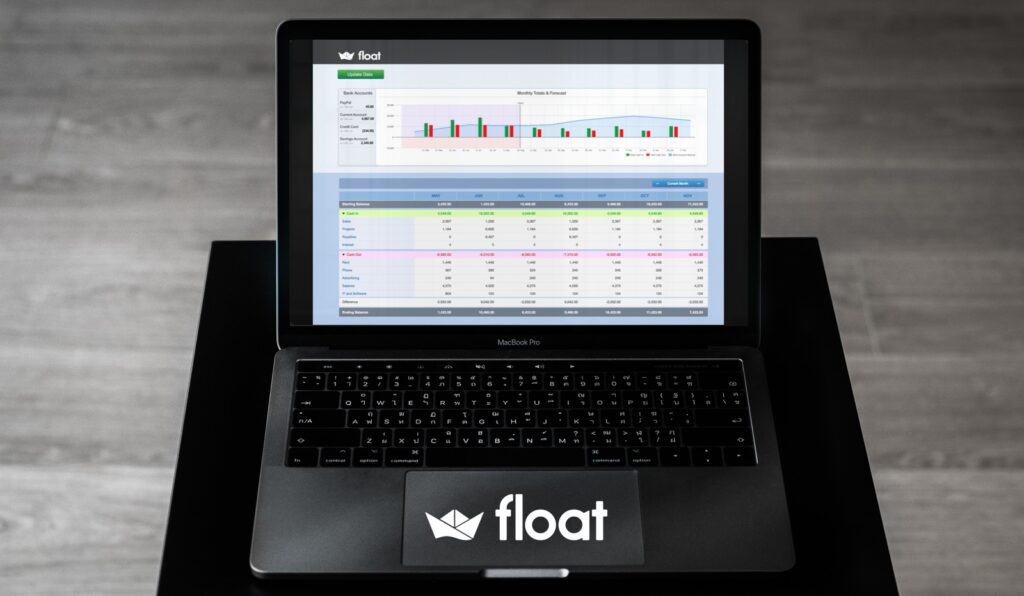Provisional tax payment dates do not always fall at a convenient time. There are always competing cash flow pressures and other business expenses to consider. Through tax pooling, you can gain full control over when and how you pay provisional tax and save money in the process.
Firstly, how does it work?
The tax pool combines income tax payments from taxpayers across New Zealand and allows taxpayers to trade those payments to match their needs.
Instead of paying tax directly to Inland Revenue, a taxpayer has the option to pay into a tax pool whenever it suits them. If they have underpaid tax during and/or at the end of the income year, they can purchase tax to settle their liabilities, minimising late payment penalties and debit use of money interest from Inland Revenue. If they have overpaid tax throughout the income year, they can earn premium interest by selling their excess payments to other taxpayers. Funds deposited into a tax pool remain in the tax pool until the taxpayer directs the funds to be used to purchase tax to settle their liabilities, on-sold to another taxpayer, or refunded.
Tax pooling is a legal and respected part of the New Zealand tax system. The framework was established by Inland Revenue in 2003 to help taxpayers meet their provisional tax obligations.
There are a number of Inland Revenue-approved tax pooling intermediaries, and all funds are securely held on trust with custodial trustees.
There is a lot more information on this subject. If you have questions or need more advice on how tax pooling can help you, get in touch with one of our team who will be happy to assist.



